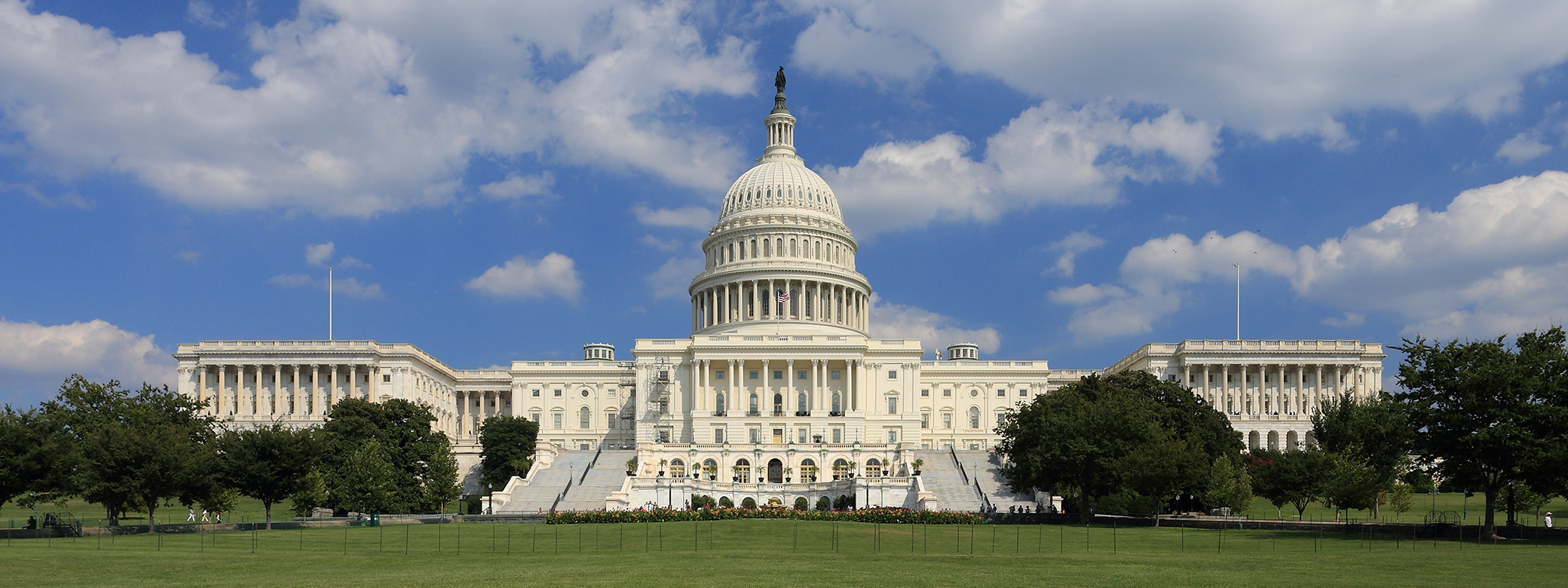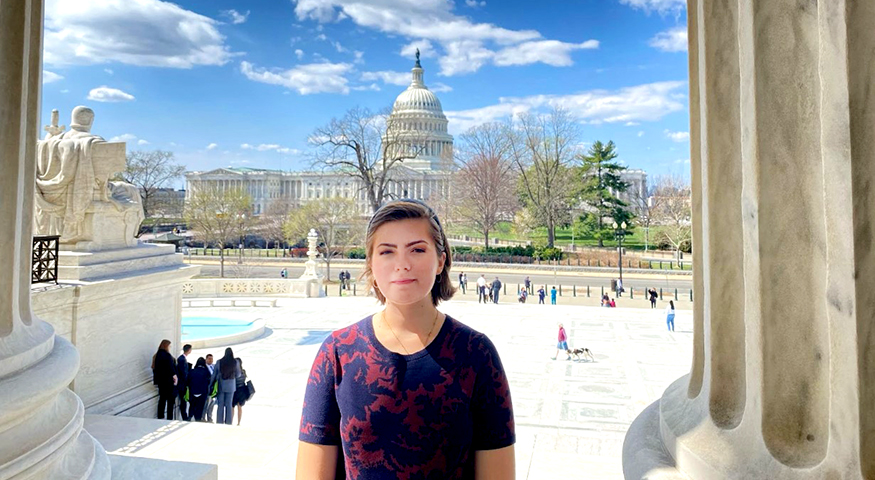
Walking between the majestic columns of the Longworth House Office Building in Washington, DC, across the marble steps of the Capitol, and through the miles of underground tunnels connecting the Capitol complex, it’s easy to get swept up in the majesty of the Hill. That’s where I spent the past summer as an intern in the Congressional office of Washington State Representative Kim Schrier. Between the daily sightings of Congresspeople and coffee breaks at the secret Dunkin’ Donuts located underneath the Capitol complex (yes, that’s really a thing!), my internship was a whirlwind, to say the least.
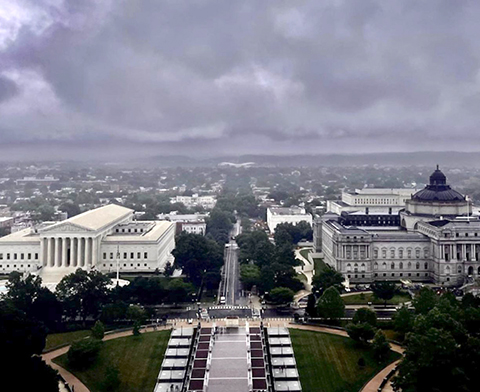
I’ve been interested in politics for years, and am active on the state and local levels. Both informally as an advocate, and in more official roles at the Health Care Authority and as an LGBTQ+ Commissioner with the City of Seattle, I’ve long been excited about the ways that our political system can be harnessed to make real change. And as a political science major, I’ve been eager to see the political processes I had learned about in class play out in real time. So, I immediately jumped at the chance to intern in Congress, especially for a member whose values I aligned with so closely.
At only 30 hours a week, my internship left me with plenty of time to network on the Hill, and to soak up all that DC had to offer. In the three months I was there, I went to every DC Smithsonian in addition to seventeen other museums, and rented a car for weekend trips to Thomas Jefferson’s Monticello, the original site of the colony of Jamestown, and the Yorktown Battlefield. There’s no better place to be for a history aficionado than the center of so many moments in our nation’s history. And it was amazing to experience these sights with many fellow “Hilltern” friends.
But amidst this whirlwind, it was also easy to get overwhelmed. While I was drafting memos, leading tours of the Capitol complex, and networking, I was quite literally in the epicenter of the fallout of major political events. My political science coursework only somewhat prepared me for what it actually felt like to be in the center of the action.
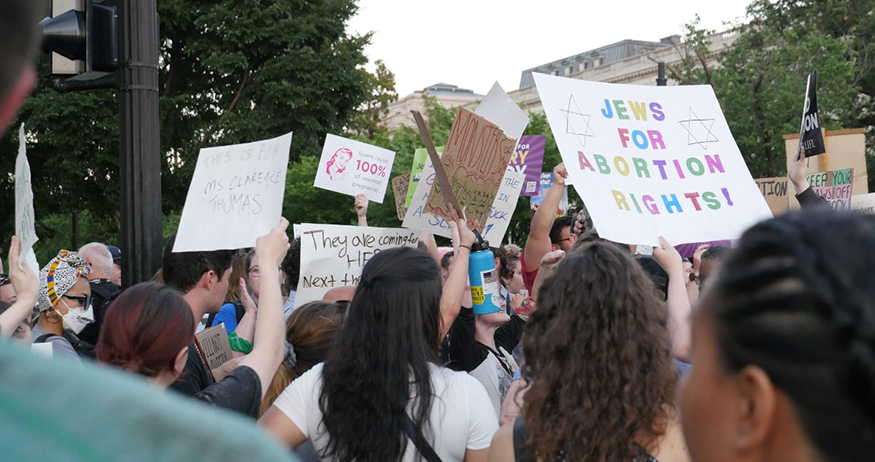
In my second week of interning, Roe v. Wade was overturned. By my second month, monkeypox had become a national news headline, and was used as an excuse for violent homophobia by many of the politicians I saw in the halls every day. As an LGBTQ+ woman myself, this was stressful. And as the only LGBTQ+ woman among the interns I met, I felt othered. The snide homophobic comments from interns throughout the political spectrum, coupled with the overwhelming feeling that my rights were being erased, really got to me.
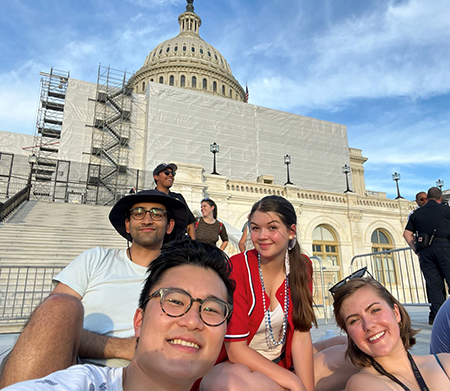
In light of this, going into the office was hard some days — but made much better by the people I worked with. Every day, I was struck by their passion, resilience, and sheer political skill. I was honored to work with people so passionate and driven to make a difference, and so willing to mentor me. Feeling like a part of this team for the summer, like I was helping to “fight the good fight” in my own little ways, is what made the internship so significant, and what makes me want to go back to working on the Hill after I graduate.
There were also great political victories this summer — most notably, the passage of the Inflation Reduction Act, the largest investment in environmental sustainability in a generation, and major gun control laws. And, with election season coming up (including several frontline races in our own state), finding the balance between acknowledging losses and celebrating victories is more important than ever.
In spite of the ups and downs of my internship, I see myself back on the Hill soon.
Interested in a Congressional internship in DC? Check out general information about US House of Representatives internships, and then reach out to the Congressional offices that interest you.
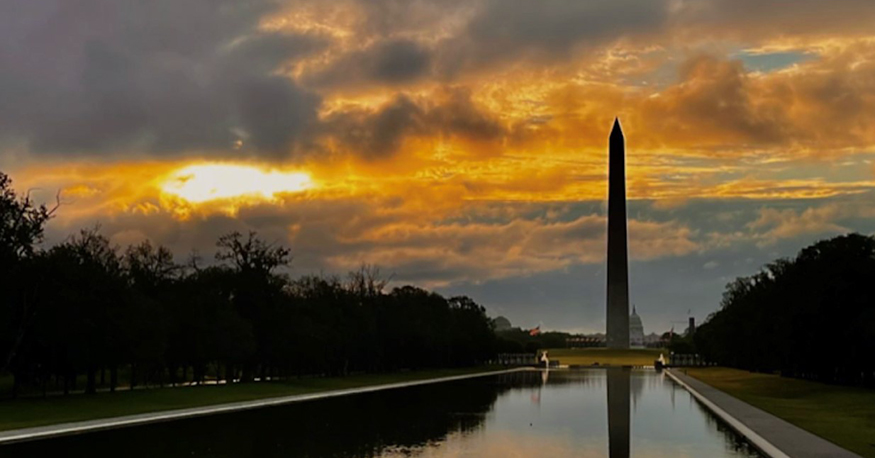
More Stories

AI in the Classroom? For Faculty, It's Complicated
Three College of Arts & Sciences professors discuss the impact of AI on their teaching and on student learning. The consensus? It’s complicated.

What Students Really Think about AI
Arts & Sciences weigh in on their own use of AI and what they see as the benefits and drawbacks of AI use in undergraduate education more broadly.

A Love of Classics and Ballroom
Michael Seguin studied Classics at the UW and now owns Baltimore's Mobtown Ballroom. The two interests, he says, are more connected than they might seem.
